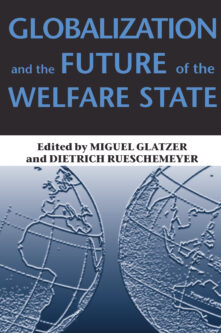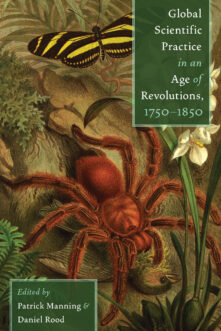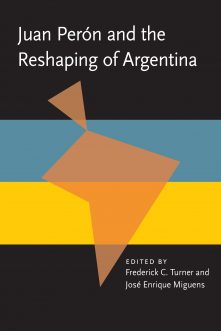Search Results
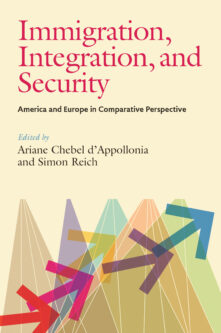

Immigration, Integration, and Security
America and Europe in Comparative Perspective
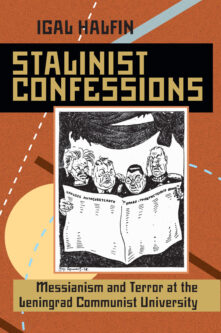

Stalinist Confessions
Messianism and Terror at the Leningrad Communist University
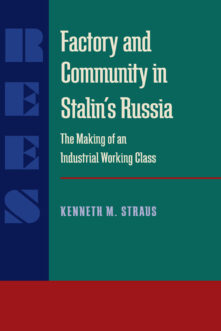

Factory and Community in Stalin’s Russia
The Making of an Industrial Working Class
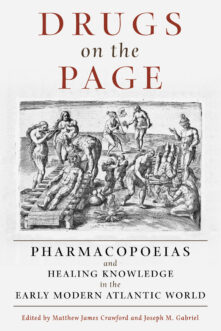

Drugs on the Page
Pharmacopoeias and Healing Knowledge in the Early Modern Atlantic World
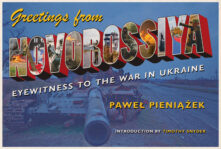

Greetings from Novorossiya
Eyewitness to the War in Ukraine
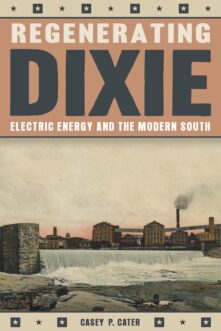

Regenerating Dixie
Electric Energy and the Modern South
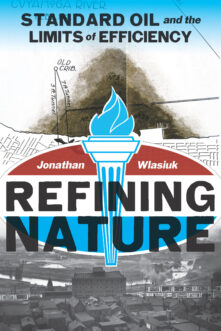

Refining Nature
Standard Oil and the limits of Efficiency
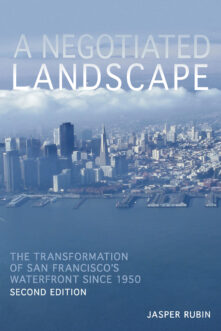

A Negotiated Landscape
The Transformation of San Francisco's Waterfront since 1950
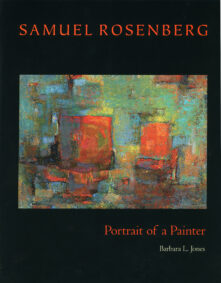

Samuel Rosenberg
Portrait Of A Painter
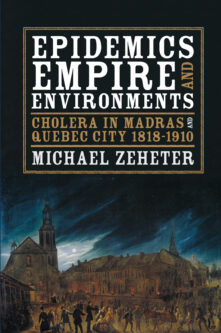

Epidemics, Empire, and Environments
Cholera in Madras and Quebec City, 1818–1910
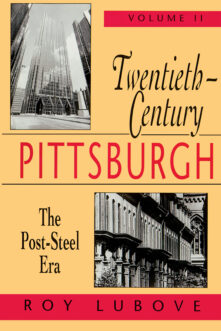

Twentieth-Century Pittsburgh, Volume Two
The Post-Steel Era
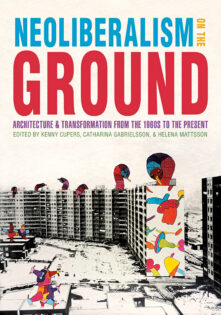

Neoliberalism on the Ground
Architecture and Transformation from the 1960s to the Present
Your search for "Urban Rivers : Re-making Rivers, Cities and Space in Europe and North America" returned 616 results


